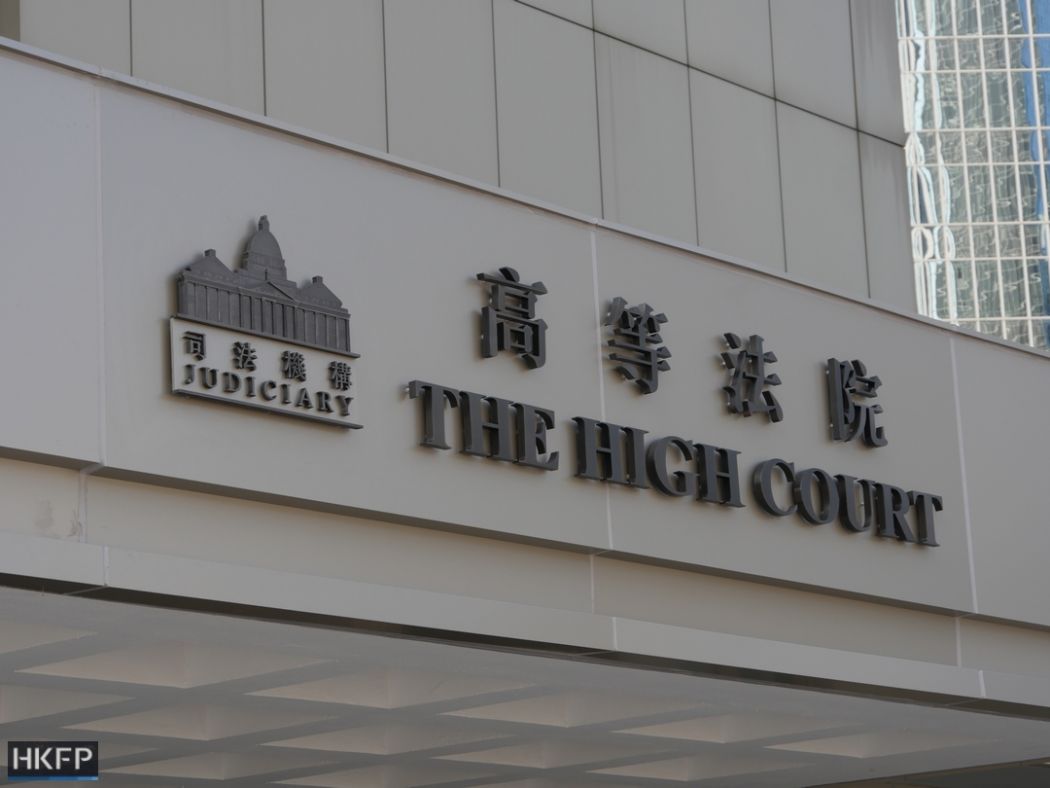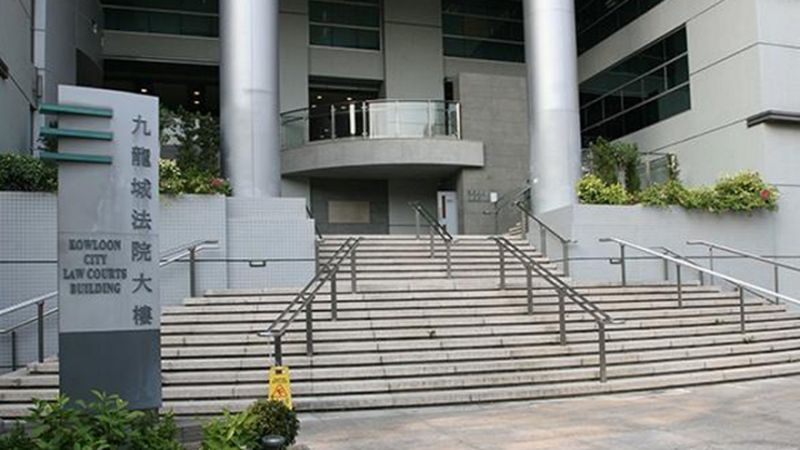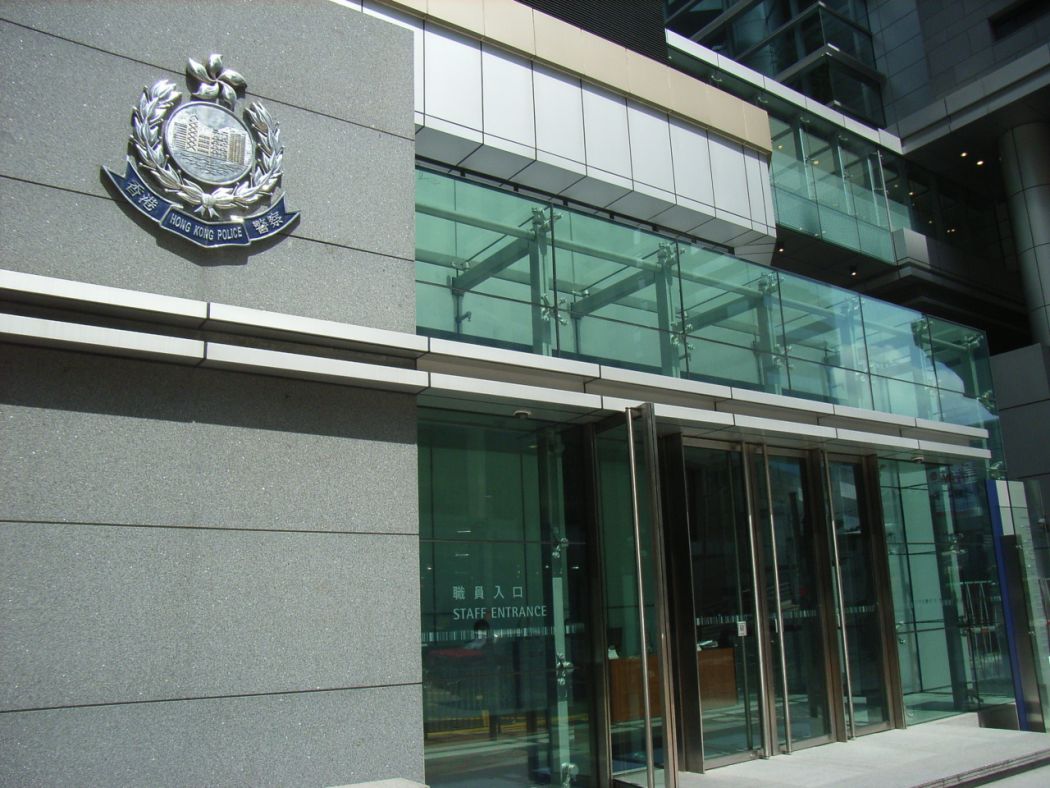Legal challenges have been filed against court-issued warrants to search digital devices of arrestees held within the Hong Kong police headquarters.
Two warrants were issued by two permanent magistrates of the Kowloon City Magistrates’ Courts on September 23 and 24 to search and seize “all digital contents in all digital devices” held at the 22nd floor of the police headquarters in Wan Chai, without any conditions or limitations.

Lau Wai-lun, a 31-year-old chef, was arrested last year on August 4 in Mong Kok. He was later charged with obstructing police.
The search warrant for digital devices was disclosed to Lau on October 23, around a month after its issuance.
Lau filed a judicial review on Tuesday, asking the High Court to declare the warrant issuance unlawful and in violation of the Hong Kong Bill of Rights Ordinance as well as the Basic Law.
The judicial review came shortly after a similar legal challenge was filed by a 22-year-old photographer on Monday. Lee Wing-ho was charged with unlawful assembly after being arrested on August 3. His phone, five digital storage cards, a SIM card and an Octopus travel card were seized by police after the arrest.

The charges against Lee were withdrawn on November 26. He was notified about the warrant on October 23, around a month after its issuance.
“[A] warrant obtained by the police, over a police station, creates the stark and troubling reality that judicial power is employed yet the electronic device owner cannot challenge such a warrant because the owner never knows of the warrants’ existence, unless a prosecution is actually commenced, when the prosections’s (not the police’s) common law obligation of disclosure arises,” his writ said.
“This is a chilling threat at a very fundamental level. A search warrant obtained by the police to access objects inside a police building is an abuse of process, an artifice. In non-exigent circumstances, as here, where the warrant was only applied for six weeks after its seizure, the constitutional rights of phone owners can only be sufficiently protected by advance timely notice of an application for such a search warrant, by the imposition of conditions and limitations to protect constitutional rights and to narrow down the intrusion to strict relevance,” it added.

The writ cited the Secretary for Security John Lee’s reply on January 8 to a lawmaker’s question as saying that police have processed 1,420 cases involving mobile phones between June and November 2019.
“Among those cases, 3,721 mobile phones belonging to arrested persons or suspects were involved, and the relevant cases were all processed with search warrants issued by the court,” Lee said.
The writ said that Lee’s remarks meant that magistrates have either already issued thousands of search warrants, or several individual warrants which “generally authorise entry into thousands of mobile phones.”
